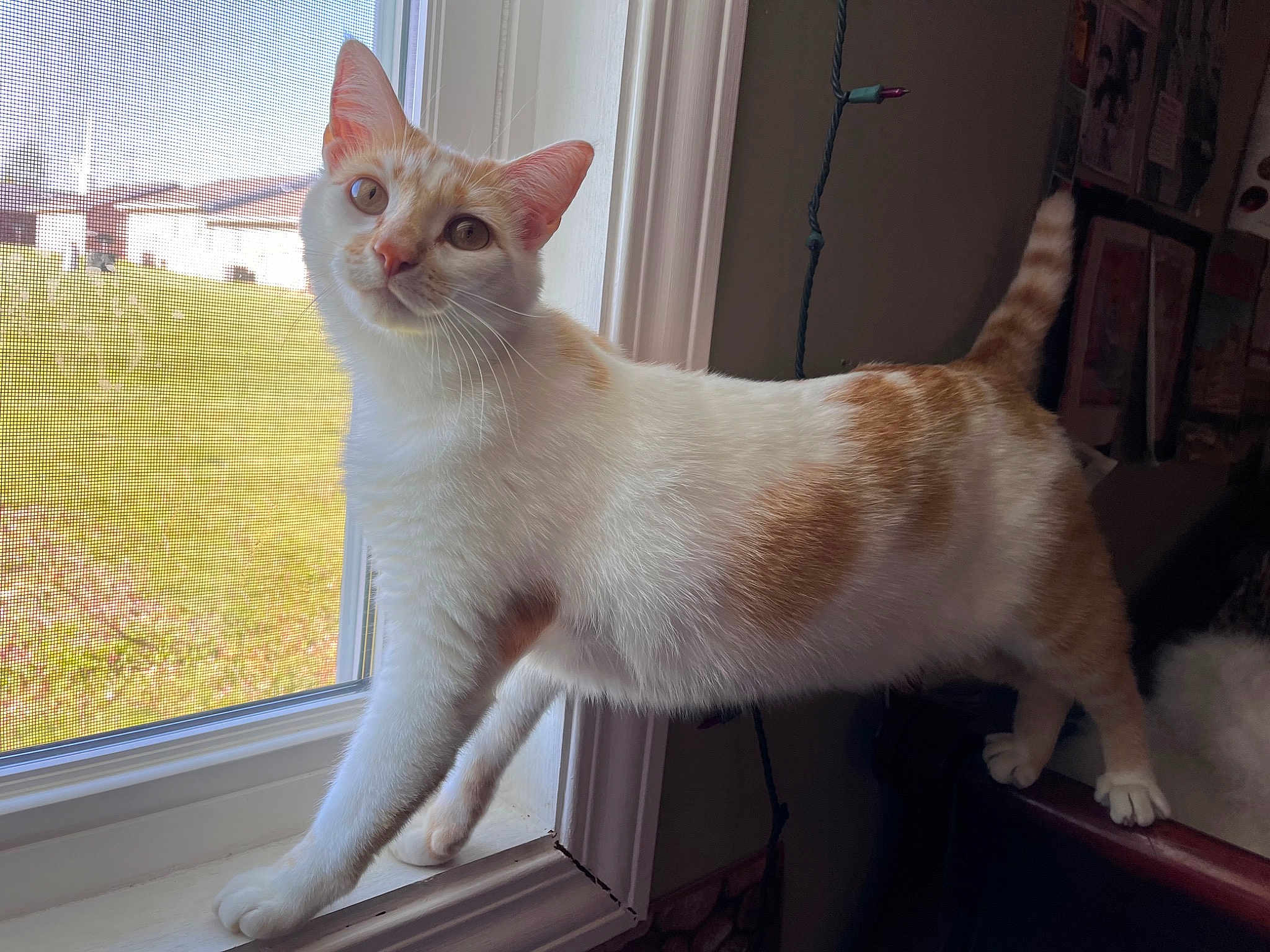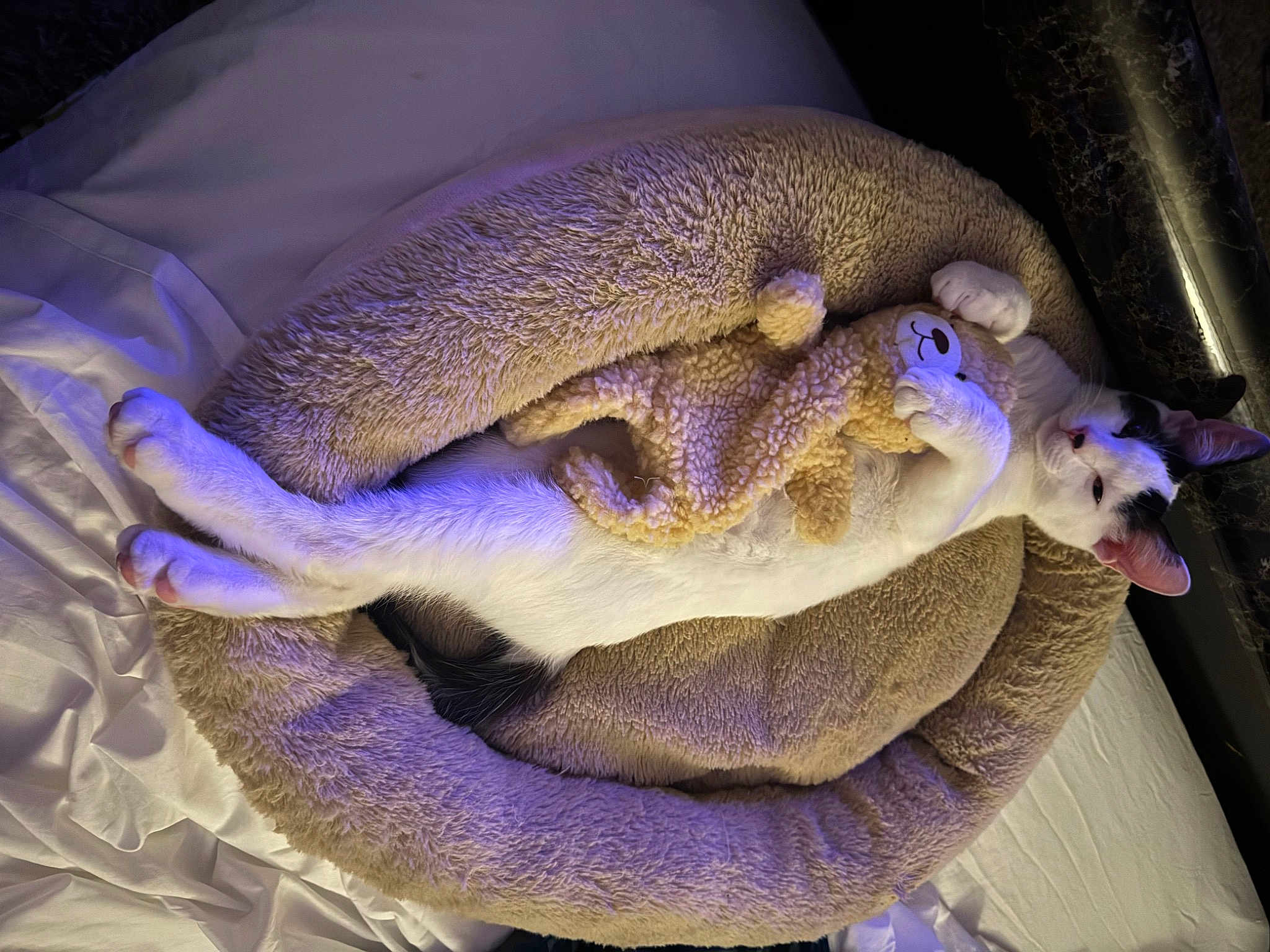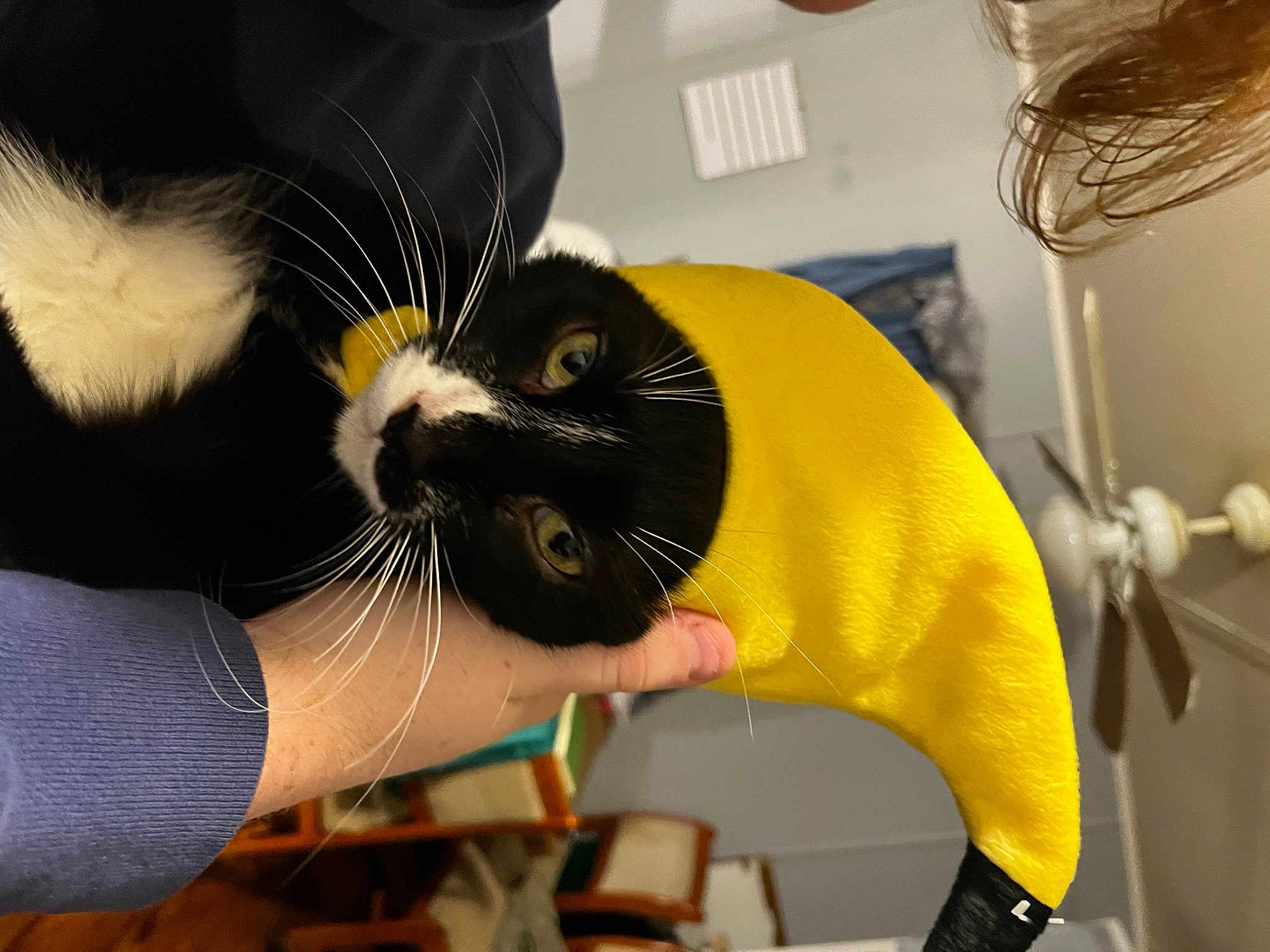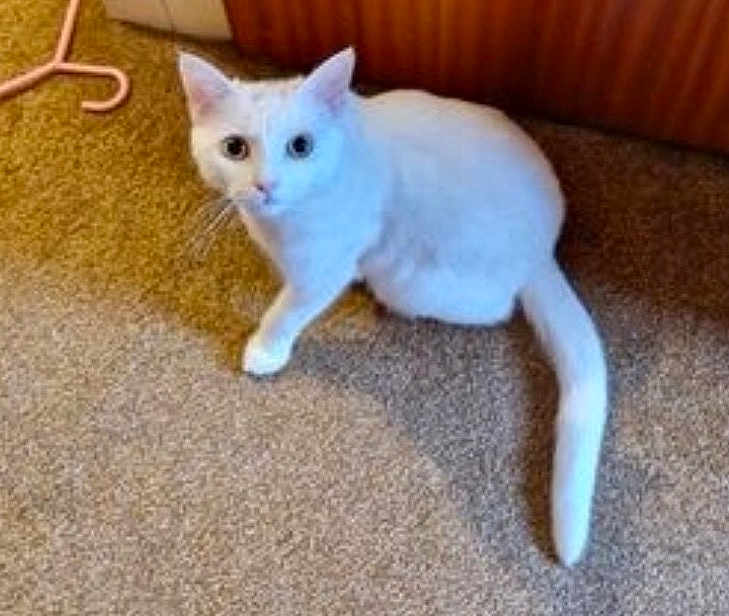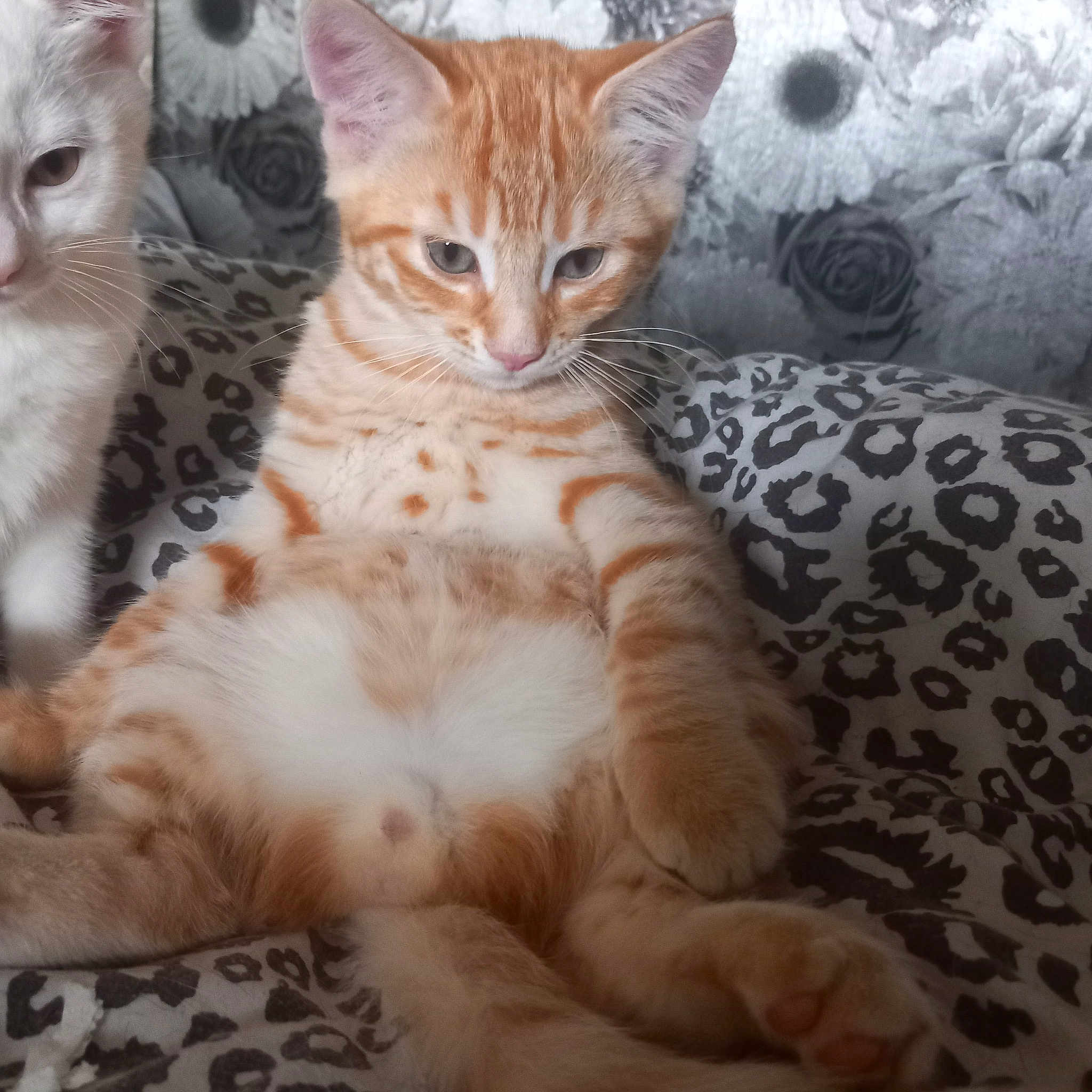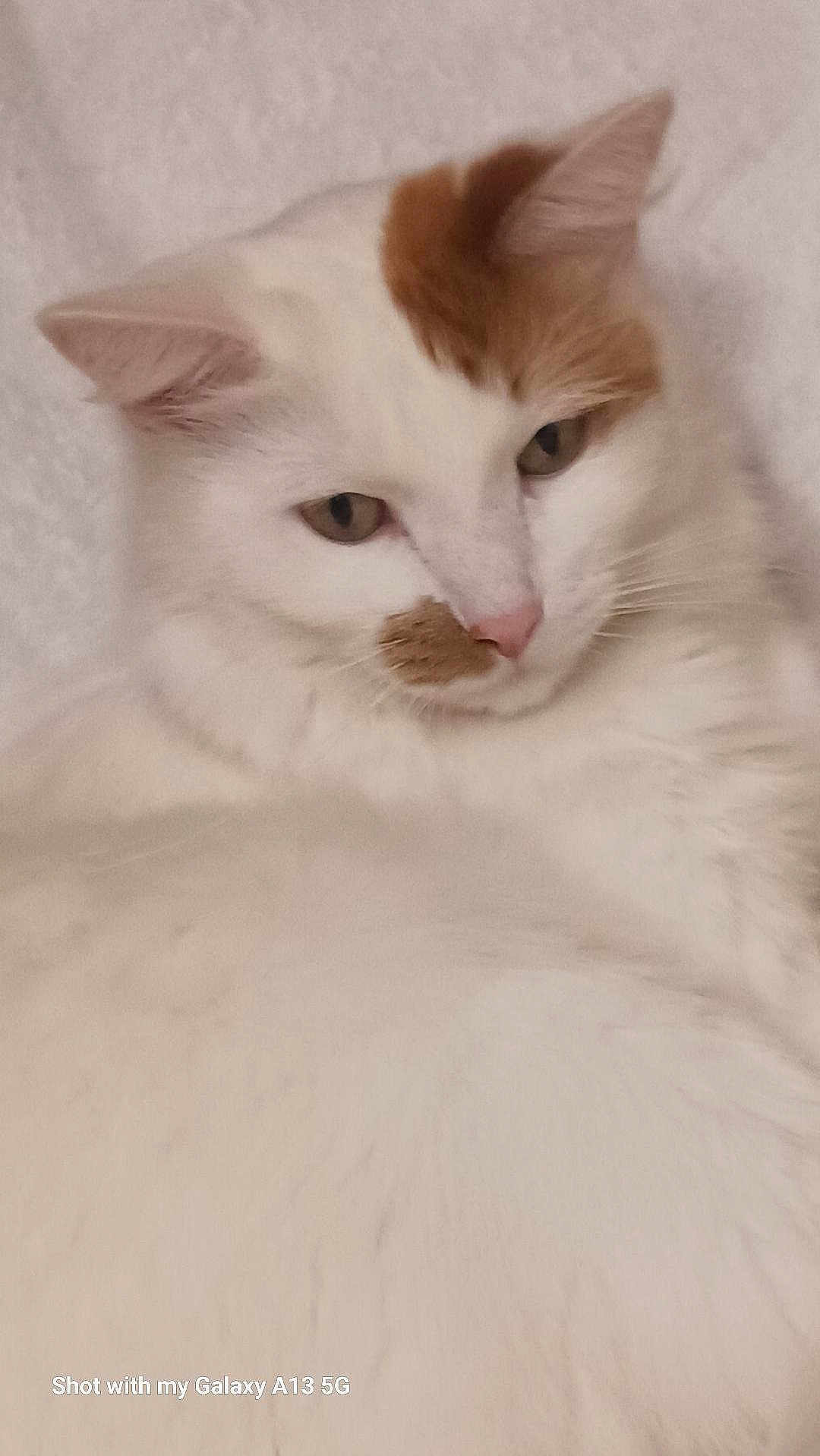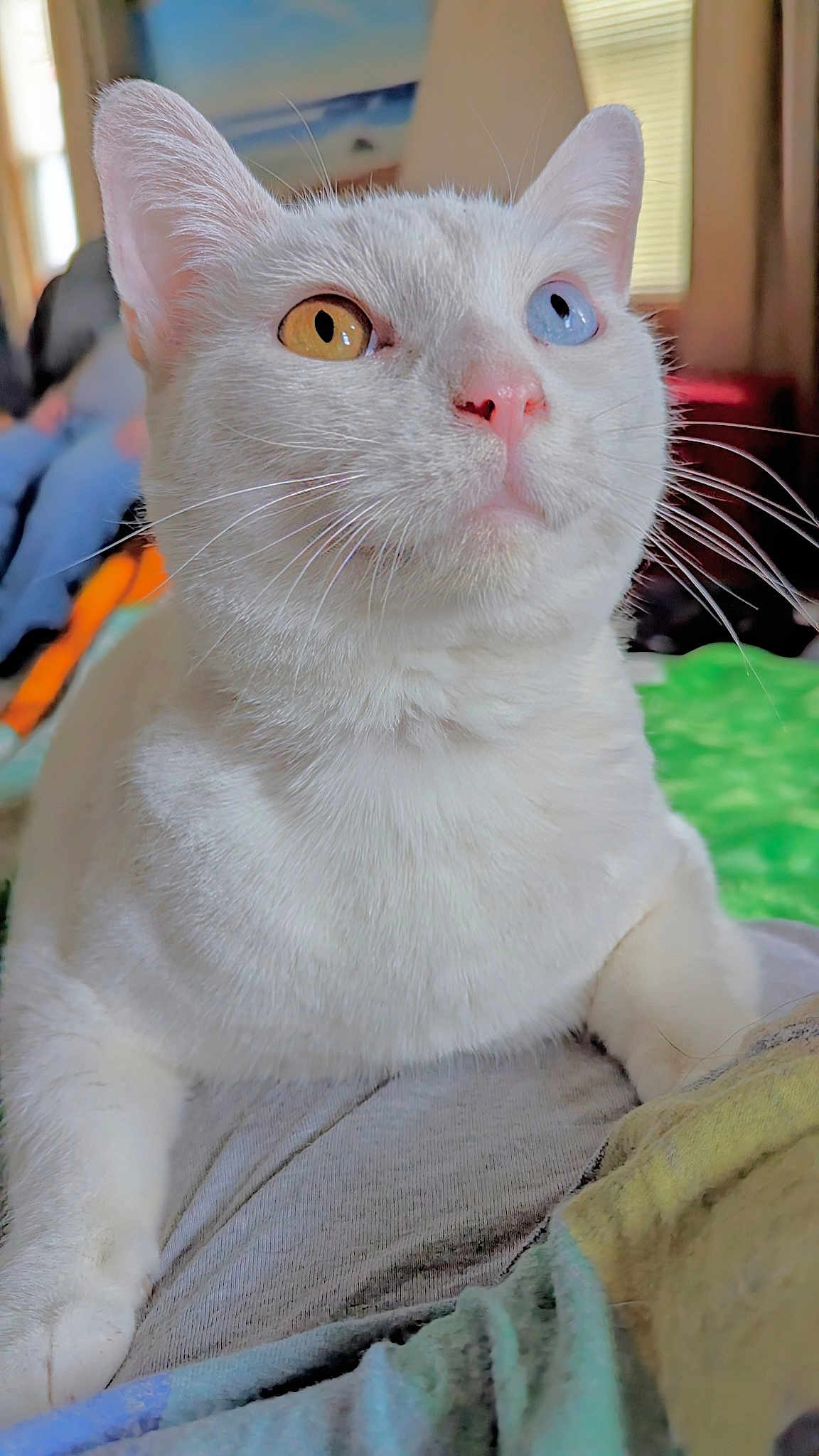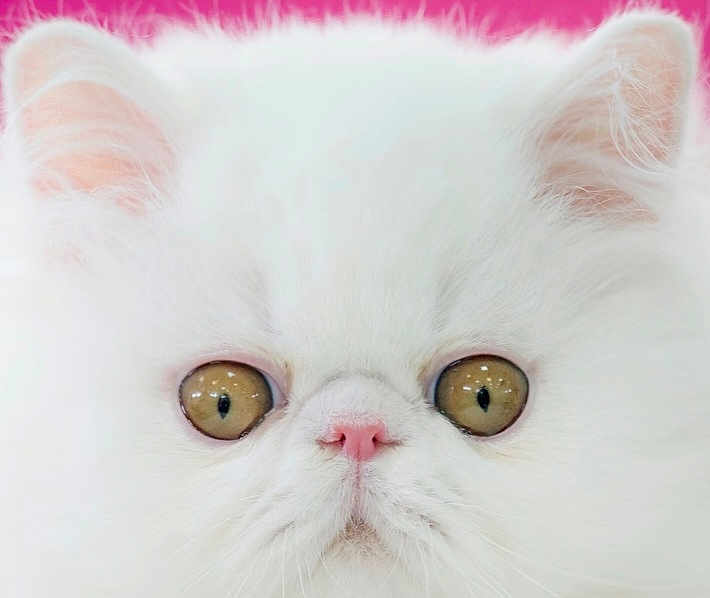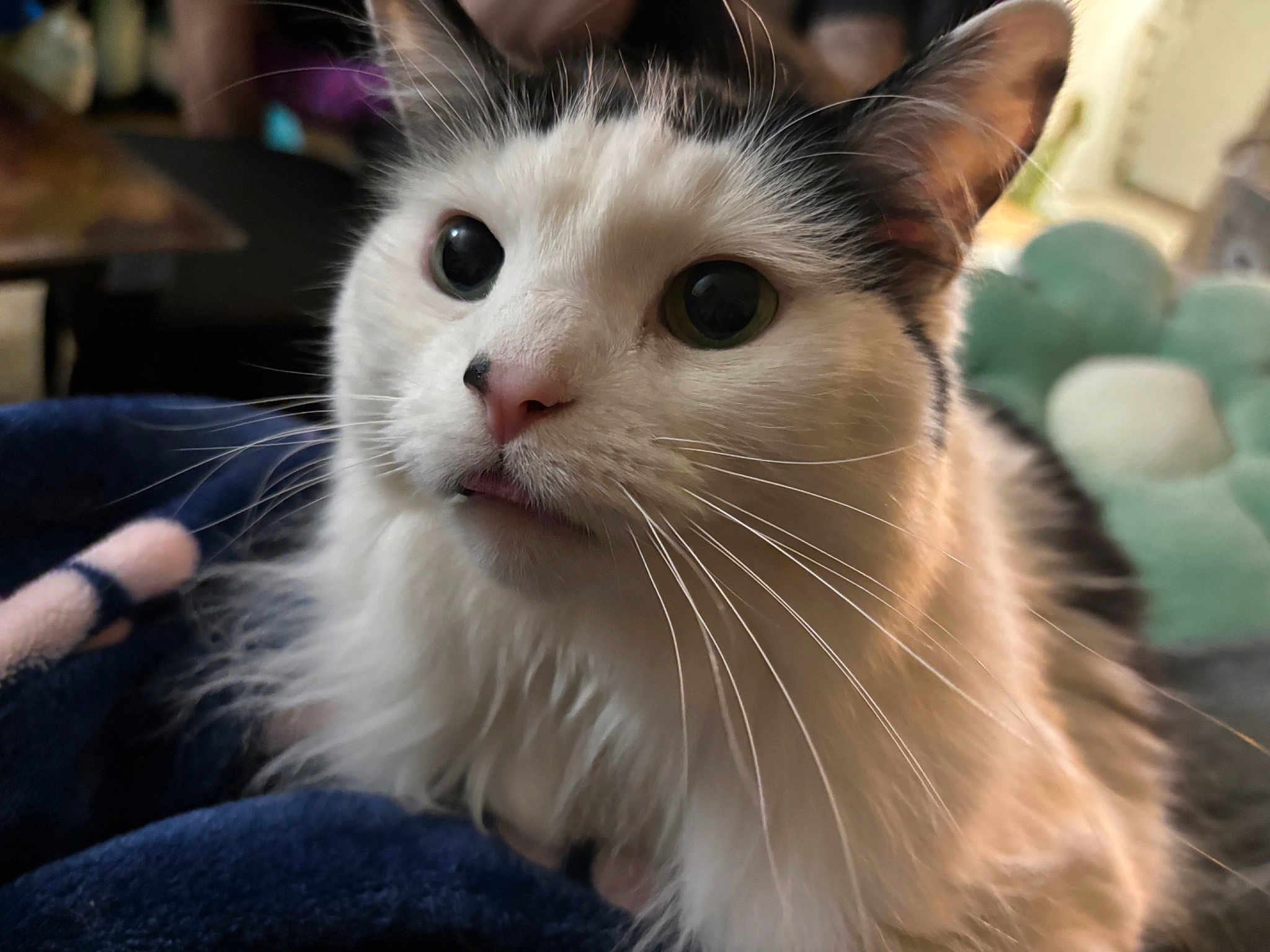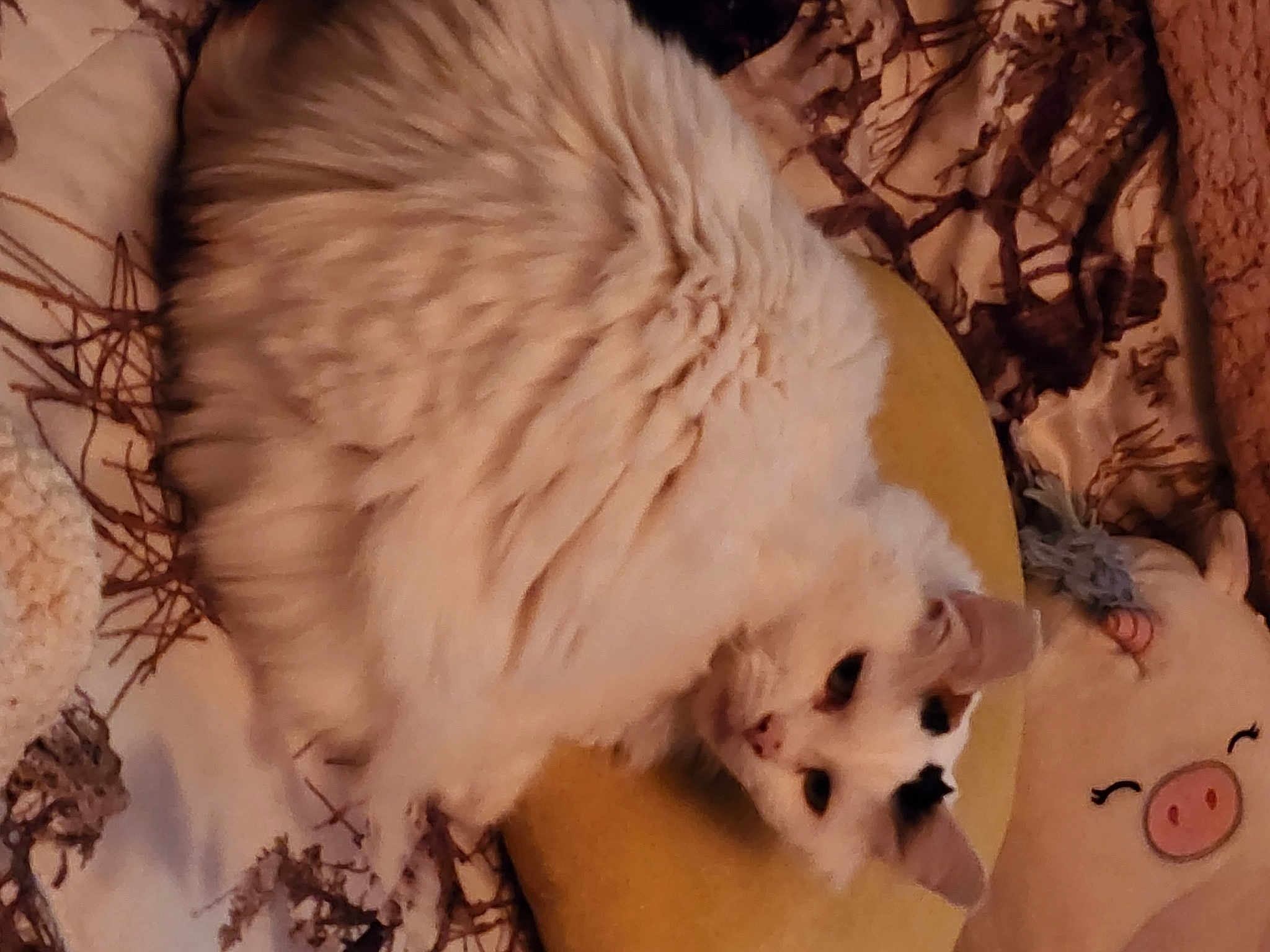
"The Turkish Van is often affectionately known as the 'swimming cat' due to its unique affinity for water—an uncommon trait in the feline world."
The profound world of cat breeds offers a kaleidoscope of characteristics, histories, and charms, each adding its own brushstroke to the rich tapestry of cat companionship. Among these intriguing breeds stands the Turkish Van, an extraordinary feline that captures the hearts of many with its delightful personality, storied past, and distinctive features.
Personality and Behavior of the Turkish Van
Turkish Vans are well-known for their vivacious and energetic nature. These cats are highly active and playful, often engaging in spirited romps around the house. They retain a kitten-like exuberance well into adulthood, making them entertaining companions. Their playful antics and high energy levels mean they are always up for a game, whether it's chasing feather toys or exploring new nooks and crannies.
Despite their playful demeanor, Turkish Vans are equally known for forming strong bonds with their human families. They are affectionate without being overly clingy, striking a balance that many cat owners appreciate. They might curl up next to you or follow you around the house, showing their affection in subtle yet endearing ways.
Intelligence is another hallmark of the Turkish Van. These cats are quick learners, often figuring out how to open doors or find hidden treats. Their smartness also comes with a streak of independence—while they enjoy human company, they also appreciate time spent exploring on their own. This blend of intellect and independence means they thrive in stimulating environments where they can satisfy their curiosity.
"One intriguing aspect of the Turkish Van is its surprising love for water. Unlike most cats, Turkish Vans enjoy playing in water and might even join you in the shower or dip their paws in their water bowl—an endearing and unique trait."
Meanings, History and Origins of the name Turkish Van
The Turkish Van derives its name from the Lake Van region of Turkey, a speculated origin point for these fascinating cats. The breed is believed to be ancient, with historical references dating back to eastern Anatolia, where these cats were considered sacred.
Their unique coloration—which typically includes a predominantly white coat with distinct color patches mostly on the head and tail—is traditionally referred to as "van pattern." This distinctive look not only sets them apart visually but also suggests their historic and geographical ties to the Lake Van region.
The breed's name encapsulates more than just a geographical connection; it speaks to a rich heritage steeped in tradition and natural beauty. Turkish Vans have been appreciated in their native region for centuries, symbolizing attributes like grace and vitality. Their journey from the shores of Lake Van to homes around the world is a testament to their enduring charm and adaptability.
In modern times, the breed was officially recognized in the mid-20th century when they were brought to Britain. The introduction of Turkish Vans to the Western world sparked a newfound fascination, leading to their gradual emergence as a beloved breed known for unique personality traits and striking appearance.
Popularity of the Turkish Van
The Turkish Van's popularity has seen a steady rise since its introduction to the Western world. Initially, its exotic heritage and striking appearance attracted cat fanciers and breeders. Over time, its playful and affectionate nature won over more general pet owners, leading to an increase in demand.
In English-speaking countries, especially the UK and the USA, the Turkish Van has carved out a niche among cat enthusiasts. Their unique water-loving trait makes them a particularly intriguing choice for families looking for a cat with a bit of novelty and charm. Cat shows and competitions frequently feature Turkish Vans, showcasing their beauty and agility.
Globally, the breed continues to captivate cat lovers in Europe, Asia, and even Australia. While not yet at the same level of universal recognition as some other breeds, the Turkish Van's distinct traits and history are gradually helping it gain global admiration. International cat registries and organizations now include and celebrate the Turkish Van, further bolstering its reputation.
Health and Care of the Turkish Van
Caring for a Turkish Van involves understanding its particular health needs and providing a supportive environment. These cats are generally robust and healthy, but like all breeds, they can be prone to specific genetic conditions. Regular veterinary check-ups are essential to monitor their health and catch any potential issues early.
One common concern with Turkish Vans is hypertrophic cardiomyopathy (HCM), a heart condition that can affect the breed. Responsible breeders often screen for this condition to ensure healthy kittens. Maintaining a nutritious and balanced diet also plays a crucial role in their overall health. Given their active nature, Turkish Vans benefit from high-quality cat food that supports their energy levels and muscular development.
Grooming a Turkish Van is relatively straightforward. They have a semi-long, water-repellent coat that doesn't mat easily, requiring only weekly brushing to keep it in top condition. This makes them a low-maintenance choice compared to other long-haired breeds.
Training and Education of the Turkish Van
Training a Turkish Van can be a rewarding experience due to their high intelligence and curiosity. Positive reinforcement techniques work best with this breed, using treats, praise, and interactive play to encourage desired behaviors. They can learn a variety of tricks and commands, from simple "sit" and "come" to more complex tasks like fetching or rolling over.
One challenge with Turkish Vans is channeling their high energy levels. Providing plenty of toys, puzzle feeders, and interactive activities can help keep them mentally and physically stimulated. Training sessions can also serve as a great outlet for their boundless energy, turning what could be a rambunctious cat into a well-behaved companion.
Early socialization is crucial for Turkish Vans. Introducing them to different environments, people, and other pets can help them grow into well-adjusted adults. Given their independence, it's also essential to teach them boundaries and ensure they understand household rules.
Choosing the right cat breed, like the Turkish Van, involves considering various aspects such as personality traits, health needs, and care requirements. For families who love active, affectionate, and intelligent pets, the Turkish Van offers a delightful blend of these features. Their unique history and characteristics make them an exceptional choice for anyone looking to add a bit of exotic charm and lively companionship to their life.
The lasting significance of cat breeds like the Turkish Van cannot be overstressed. With their unique traits, rich history, and engaging personalities, these cats bring joy and excitement to any household. At KingPet, we have the pleasure of seeing many charming Turkish Vans participate in our contests, showcasing their beauty and playful spirit. Choosing a Turkish Van means welcoming a cat with a fascinating past and a delightful presence, making them a truly rewarding addition to your family.



















































































